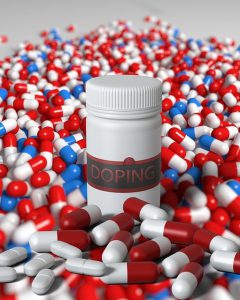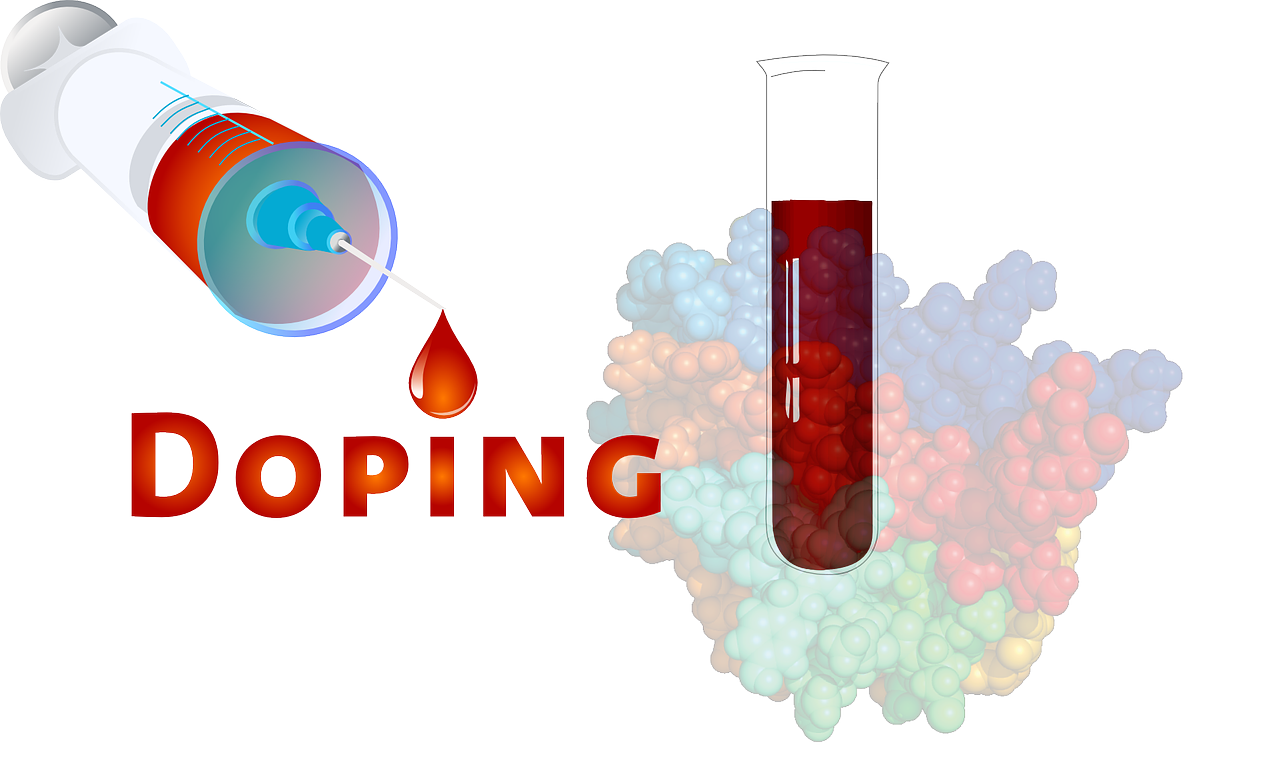All sports fans, no matter where they are from and which sport they are a fan of can agree on one thing – when they are watching sports, cheering for their team, or supporting them by placing bets with 22Bet Bonus, they count on the athletes to return the favor by exhibiting their skill and talent. Not by using drugs and cheating. Russia was recently banned from the Olympics and other international sporting events when it was discovered that their drug tests were either fabricated or not transparent. There is a doping culture that exists in many sports, including cycling, where Lance Armstrong, for example, had to give up his titles and medals.

We know that many athletes try to cut corners or push the boundaries on what they can take to enhance their performance and give them an extra kick to come out on top. Some do it because they couldn’t achieve results without the drugs, while others are trying to level the playing field.
However, doping has a few negative effects not only on the sports but on the health of the athletes as well, that we need to consider. We will cover just a few of the common performance-enhancing drugs.
Steroids
Steroids are biologically active organic compounds that alter the fluidity of cell membranes or are signaling molecules. There are hundreds and hundreds of steroids out there, many of which are used in medicine to treat different health conditions (like corticosteroids for asthma and some allergies) but the ones you hear about in sports are anabolic steroids.
Overusing steroids may lead to infertility, shrunken testicles, prominent chest, and enlarged prostate in men. Women, on the other hand, face baldness, an increase in the amount of body hair, an enlarged clitoris, and a disruption to their cycle. Many of these conditions can be irreversible. Steroids can also lead to certain types of cancer, drug addiction, mood swings, depression, rage, and a number of other long-term health problems.

Diuretics
Diuretics are chemicals that make your body lose water. Some health conditions may require you to use them, but they can be found in common places like your coffee and your soda. Many athletes rely on diuretics to reduce their body weight, retaining a huge portion of their strength and giving them an unfair advantage over people in a lower weight category or a lighter load in races, like cycling. Diuretics are also used as a masking agent, diluting the drugs already taken by the athlete so that they cannot be detected by a urine sample.
As they make you lose water, diuretics lead to dehydration, loss of blood pressure, dizziness and, possibly, death.
Stimulants

Many stimulants are available over-the-counter as they are there for public consumption. Coffee, energy drinks, and amphetamines reduce fatigue, wake the body up, improve concentration, and make you perform at 100%.
They also cause insomnia, make you irritable, and can lead to heart attacks and/or strokes.
Long-Term Effects
The reason people disregard their safety in terms of doping is often that they do not see any immediate danger. However, the damage the performance-enhancing drugs can do to a body may spend years undetected. The drugs offer a small boost for long-term consequences and they can charge an interest that is way steeper than your home loan.

